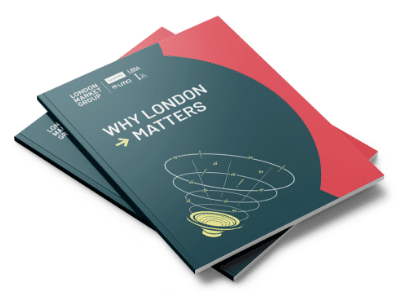About the product/service
Aon’s budget insurance for natural disasters and climate change is a proactive public sector fiscal risk management tool that is designed to provide immediate funds after a disaster strikes, to support the associated response and the recovery efforts which compliment property insurance.
When combined with a government’s disaster recovery funds, budget insurance can reduce the overall net impact on revenues and fees and provide coverage for non-reimbursable expenses following a natural disaster.
Using budget insurance to transfer the immediate fiscal impact, as well as the long-term recovery and resiliency needs, creates immediate opportunities for states, cities and quasi-governmental entities to reboot, rebuild.
Supporting greener outcomes
Budget insurance creates greater flexibility to redirect funds to programmes and projects that proactively reduce risks, such as investments in climate adaptation and mitigation projects. This effectively helps state, local and quasi-governmental entities pre-position financial resources to reduce the impact of natural disasters and climate change on infrastructure, power grids, agriculture, natural resources and rising public healthcare costs.
Using budget insurance to transfer the immediate fiscal impact, as well as the long-term recovery and resiliency needs, creates immediate opportunities for states, cities and quasi-governmental entities to reboot, rebuild and recover faster after the disaster strikes.
Enabling customers today
The New York Metropolitan Transportation Authority (MTA) has sought a renewal of catastrophe insurance protection from capital markets through its MetroCat Re Ltd. catastrophe bond. Series 2020-1 notes issued by MetroCat Re Ltd. will be exposed to storm surges caused by named storms striking the New York areas and also earthquake risks within the New York metropolitan area, across a three-year term.
The reinsurance agreements and ultimately the natural disaster insurance coverage provided to the New York MTA will be on a parametric trigger and per-occurrence basis, with the trigger being binary in terms of the nature of its payout.











